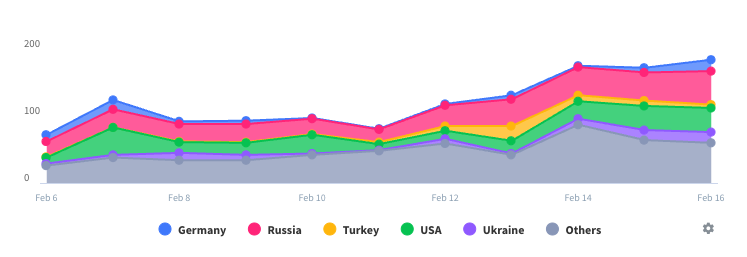Not intuitive and lacking in catalog of foods
I want to like this app, but it doesn’t have the basic features needed, or simplicity for most people. I think if this product were a side feature or plug in for a food tracker like my fitness pal or something it would work. Those other apps lack tracking like this for specific micronutrients like iron, and for people that need that, this would be a great add. But this app doesn’t have the volume or variety of foods that one of those apps has, and people are not likely to use this AND that separately to track diet and iron.
















